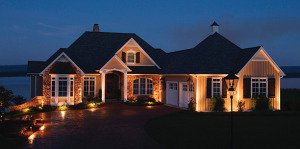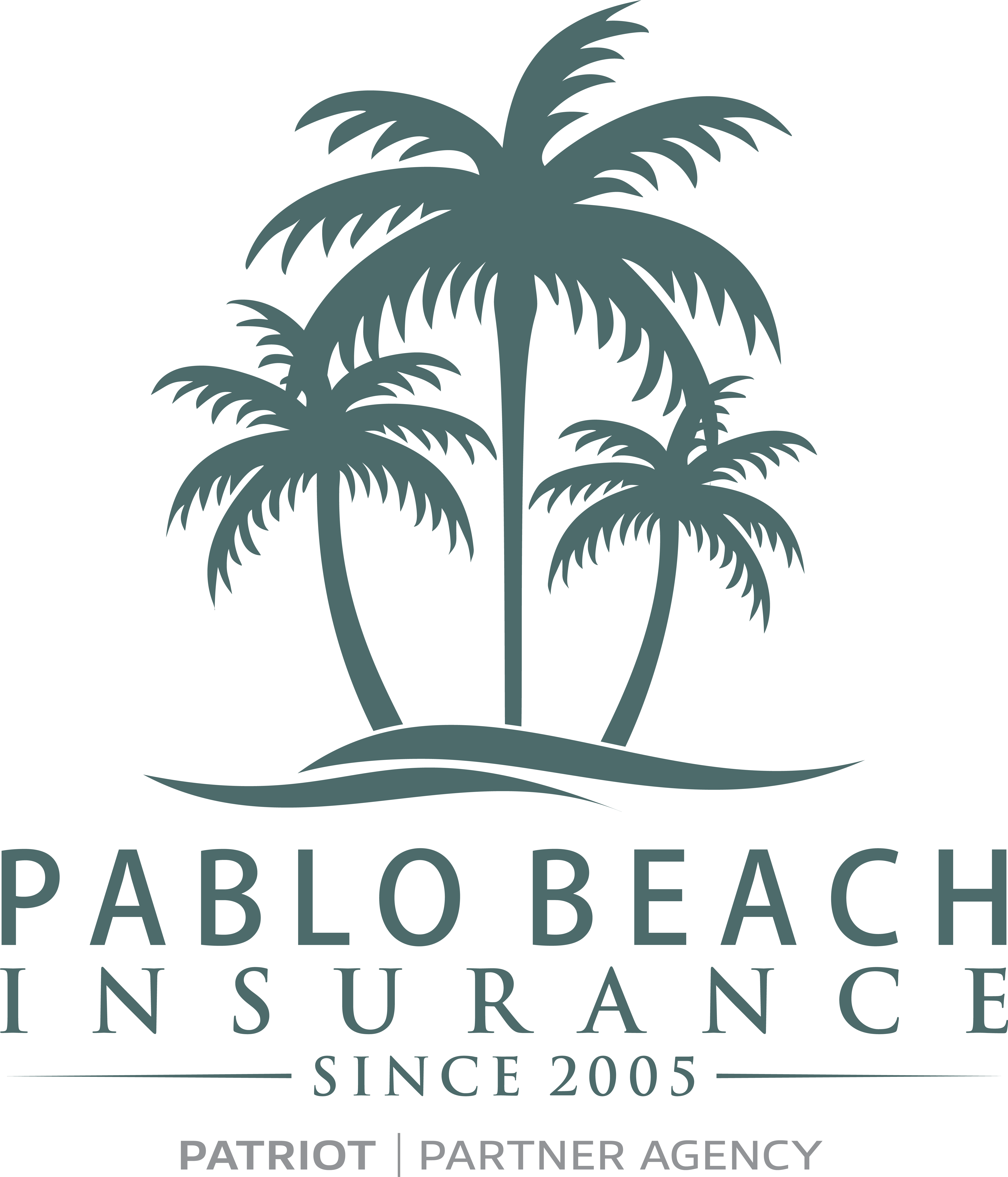 There are only a few occasions in life when you are happy to pay for something you hope to never use. Insurance is one of them, homeowner insurance in particular. The cost of home insurance can be prohibitive, but the consequences of not having a policy far outweigh the costs of the premiums.
There are only a few occasions in life when you are happy to pay for something you hope to never use. Insurance is one of them, homeowner insurance in particular. The cost of home insurance can be prohibitive, but the consequences of not having a policy far outweigh the costs of the premiums.
What is homeowner insurance?
Unlike auto insurance, homeowner insurance is not a legal requirement in the State of Florida. However, holding this type of insurance is just as important. It is there to support you and your family should the worst happen. In general homeowner policies cover:
- The structure – the area you live in
- Other structures on your property – sheds, garages and fences
- Your personal property
- Loss of use
All of these areas are covered against a variety of types of damage and theft; types of damage usually included are damage caused by a storm, fire and flood. However, when considering a Florida homeowner’s insurance policy, always check the exact coverage to ensure it has everything you need, especially as it relates to flood coverage. Living in Florida, the weather plays a large part in insurance claims and coverage, and you don’t have to live there very long to understand why.
Types of policies and understanding the costs
No two family homes are the same; therefore neither are the policies they need. If you live in a high crime area, you want to consider a policy that emphasizes cover for riots, civil commotion, vandalism and theft. For other homes, natural elements are a much higher concern and, therefore, a homeowners insurance that covers you if you wake up to find half your home missing from the fallen tree, is much more important. If you have family heirlooms or expensive art then a policy that allows you to increase the coverage for personal property is more likely to meet your needs should the worst happen.
There are three main types of insurance packages in Florida; these are known as Broad Form HQ-2, Special Form HQ-3 and Modified Coverage form HQ-8. The most common and comprehensive insurance is Special Form HQ-3. It provides the widest coverage, but may still have specific exclusions. For example, if you buy a property that has been hit by lightening twice a month since being built, you are unlikely to have lightning damage included in your coverage.
Covering condominiums
Several types of homes, including condominiums, require specific condo insurance policies. In these cases, the idea of your homeowner’s policy is to cover the areas not covered by your association’s policy. Before buying your homeowners insurance, you need to check the association’s policy and the local by-laws. An association’s policy will usually not cover electrical fixtures, floors, walls and ceiling coverings within your condominium unit. Other areas not covered by the association can include:
- Appliances
- Air conditioning and heating units
- Water heaters and filters
- Countertops and built-in cabinets
- Window coverings
- Any upgrades or changes made to the unit by the owner
Wonderful weather
As mentioned earlier, after just a short time in Florida, you realize just how important the weather is to homeowners. Knowledge of what is likely to happen, and when, can minimize damage with correct preparations and therefore, your need to make a claim increasing your renewal premiums. However, that is not the only reason to be aware of the weather. Homeowners are not able to make changes, particularly in relation to increasing coverage, once a tropical storm or hurricane warning has been issued. This stands even if the warning is not for your area of the State. When homeowners insurance is concerned, sooner really is better than later.
Florida Insurance Experts
For over 11 years, PBIG has been helping Florida residents by getting them the right coverage at the right price. We are locally owned, have a casual approach, and deliver professional results. Click below to get a no-hassle, free quote from one of our experts.

